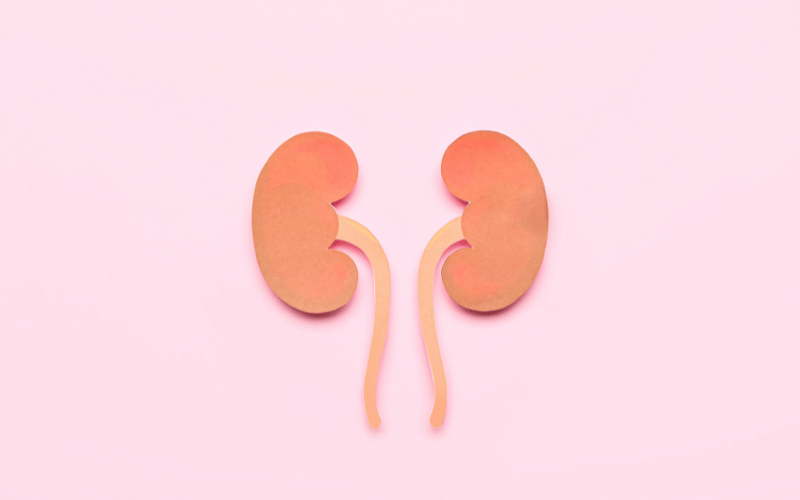Sign 4: Kidney Problems

Kidneys play a critical role in our body, primarily tasked with filtering waste and maintaining the right balance of salts and minerals. In patients with multiple myeloma, kidney function may be severely compromised. Myeloma cells generate a significant amount of protein, which, when dumped into the kidneys, can cause substantial damage.
Firstly, to understand the scope of the damage, one should look at the symptoms. Reduced urine output, swelling in the legs, and unquenchable thirst can all point to kidney troubles. In extreme scenarios, multiple myeloma may even push the kidneys into failure.
Interestingly, the proteins produced by myeloma cells aren’t just any proteins. They’re known as monoclonal proteins or M proteins. While these don’t serve any purpose for the body, they’re vital in diagnosing the disease. Elevated levels of these proteins in the blood can provide a solid lead to physicians.
In the broader picture, kidney issues don’t operate in isolation. They’re interconnected with other symptoms of multiple myeloma. For instance, as mentioned earlier, bone tissue breakdown releases excess calcium into the bloodstream, another factor straining the kidneys.
In light of these facts, individuals experiencing potential kidney problem symptoms, especially when coupled with other signs of multiple myeloma, should promptly seek medical advice. It’s always better to be safe than sorry, especially concerning vital organs. (4)